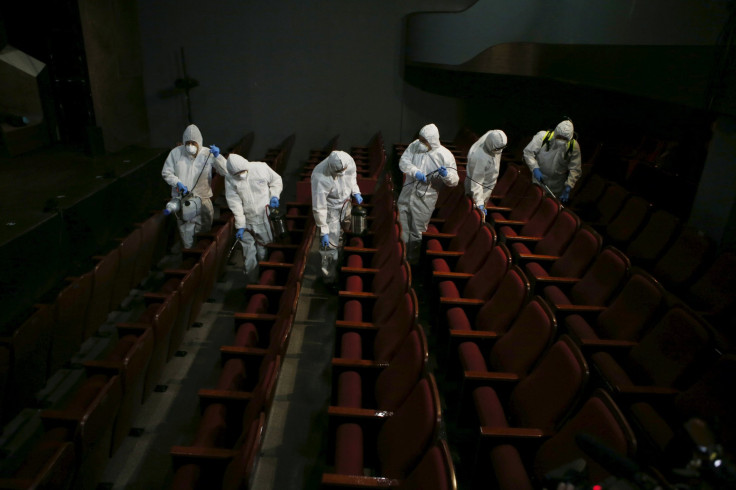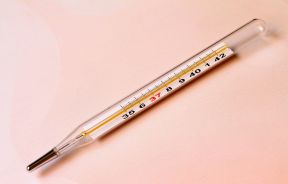South Korea MERS Outbreak Has 'Leveled Off'; One New Case

SEOUL (Reuters) - An outbreak of Middle East Respiratory Syndrome (MERS) in South Korea appears to have leveled off, a health official said on Friday, as the country reported just one new patient, a day after Thailand reported its first case.
A total of 166 people have been infected in the South Korean outbreak, the largest outside Saudi Arabia. It has been traced to a 68-year-old man who returned from a business trip to the Middle East in early May.
It has spread through hospitals, killing 24 people.
The Thai case, a 75-year-old businessman from Oman, does not appear to be linked to the South Korean outbreak but will spread anxiety in the region, even though the worst appears over in South Korea.
"Given the current developments, we have judged that it has leveled off, but we need to watch further spread, further cases from so-called intensive control hospitals," the South Korean health ministry's chief policy official, Kwon Deok-cheol, told a briefing.
As part of those efforts, South Korean authorities were contacting nearly 42,000 people who had visited a hospital in the capital, Seoul, that has been at the center of the outbreak, with half of the country's infections happening there.
Authorities said they aimed to contact people who had been at the hospital, the Samsung Medical Center, between May 27-29 and June 2-10, and they raised the number of those who may have been in contact with MERS cases there to about 7,000 people.
MERS was first identified in humans in Saudi Arabia in 2012 and the majority of cases have been in the Middle East.
Isolated cases have cropped up in Asia before South Korea's outbreak began last month, and Thailand is the fourth Asian country to register a case.
The current cases in Asia have stirred fears of a repeat of a 2002-2003 outbreak of Severe Acute Respiratory Syndrome (SARS), which began in China and killed about 800 people globally.
MERS is caused by a coronavirus from the same family as the one that triggered SARS, though MERS does not spread as easily as SARS.
South Korea's single new case reported on Friday was the smallest number since June 3, and marks a sharp drop from double-digit increases on some days last week.
The South Korean outbreak has taken a toll on Asia's fourth biggest economy, with tourists cancelling visits and consumers staying at home, and has dented the popularity of President Park Geun-hye, whose government was criticized for its initial response.
Park's approval rating fell to 29 percent in a weekly poll released on Friday by Gallup Korea, the lowest since she took office in 2013.
All of the infections known to have occurred in South Korea have taken place in healthcare facilities.
The vast majority of MERS infections and deaths have been in Saudi Arabia, where more than 1,000 people have been infected since 2012, and about 454 have died.
(Reporting by Ju-min Park and Tony Munroe; Editing by Paul Tait, Robert Birsel)
Published by Medicaldaily.com



























